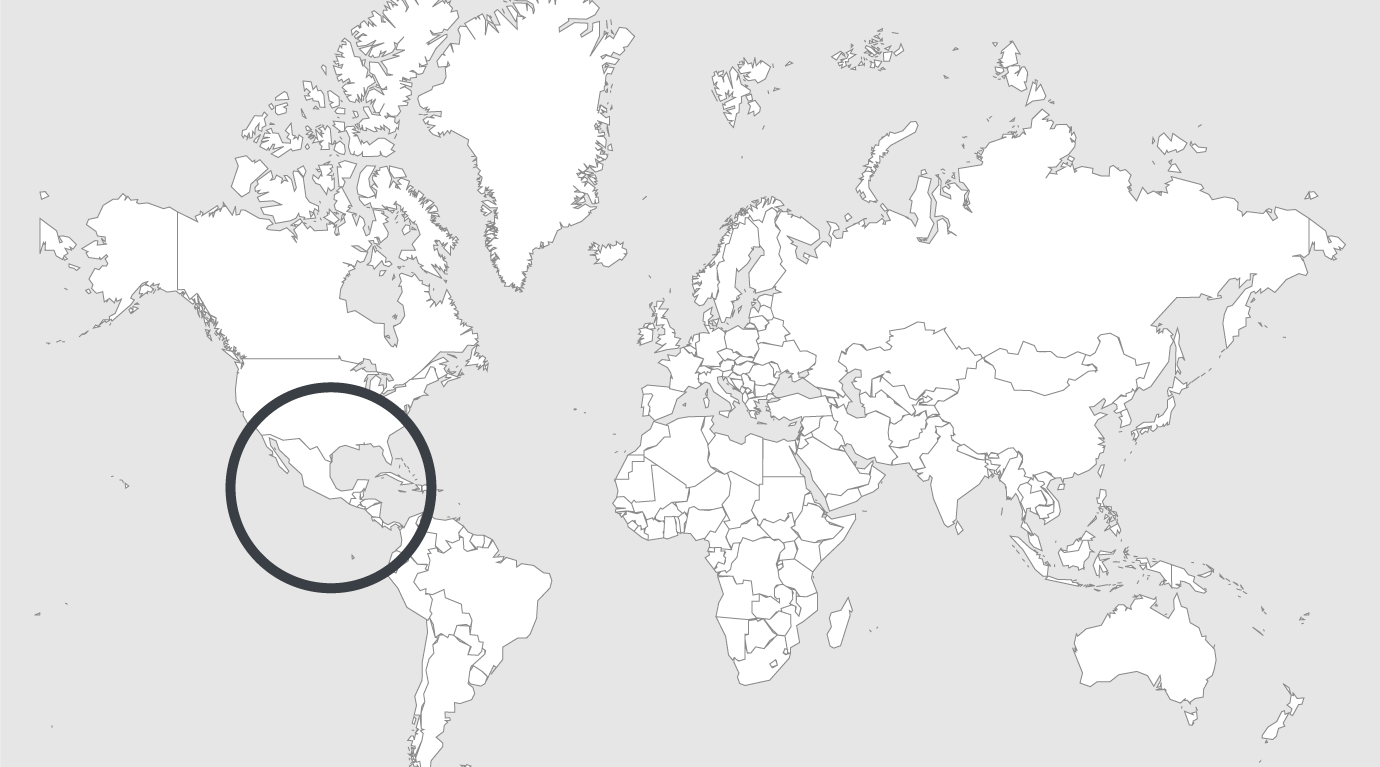
Explore
Salvador: inside a prison cell for gay former gang members
“It was completely unheard of". “Because in the gangs, if there’s even the suspicion that you’re gay, you pay for it with your life.”
In April 2019, Carlos Martinez was visiting a prison for gang members in El Salvador, having gained rare access to help with a photography project. A reporter for national newspaper El Faro, Martinez, 41, was used to dealing with the gangs that have over decades made his country one of the most violent in the world. But this time he saw something that shocked him. The prison director showed him an isolation cell, where nine former gang members—from each of the country’s three main organized crime groups, MS-13, and two factions of Barrio 18—had been moved after coming out as gay. “It was completely unheard of,” Martinez says. “Because in the gangs, if there’s even the suspicion that you’re gay, you pay for it with your life.”
In this particular prison, San Francisco Gotera, in the east of the Central American country, gang culture was not the only source of virulent homophobia. Starting in 2015, evangelical pastors had converted almost all of the prisoners there to Christianity, and convinced them to leave their gangs. The state had effectively ceded control of daily life inside Gotera to church leaders, who preach that homosexuality is a sin as grave as violence.
As soon as Martinez left the prison and got in his car, he called Marlén Viñayo, 33, a Spanish director living in El Salvador, to tell her what he’d seen. The short documentary they produced, Unforgivable—premiering worldwide via Vimeo on Demand from Feb. 5 to Feb. 8—follows Geovany, a gay man who worked as a hitman for Barrio 18 and left the gang in 2016. Living in the isolation cell with his partner and other gay inmates, he grapples with both his sexuality and his violent past. “I think killing a person, yes it’s bad but it’s not that difficult,” he says at one point. “But loving another man, that’s not natural.”
Martinez, though, says Unforgivable isn’t a film “about gangs,” or an attempt to redeem their members, but an examination of the culture that allowed Geovany to arrive at his twisted moral conclusion.
“We want to create a reflection—from this extreme place of the prison isolation cell—of the kind of society we have built,” he says. “How is it possible for a country to have its moral compass so broken that homosexuality and murder can feel the same?”
Viñayo and Martinez were granted twelve days to film inside the prison in May 2019. Conditions in the cell, where overcrowding means nine prisoners live 24 hours a day in just a space of one by two meters, made for a difficult shoot.
But four inmates agreed to participate and began to speak about their lives with surprising candor, according to Viñayo. She says she kept reminding them the film would be shown in El Salvador and available online, and asking if it would put them at risk. “But the truth is that they are already condemned: they’ve left the gang; they’ve lived with former members of other gangs; and they’ve lived openly as gay people,” she says. “If they ever got out of prison, they’d have nowhere to go. One of them said the only solution would be to live in the sewer.”
